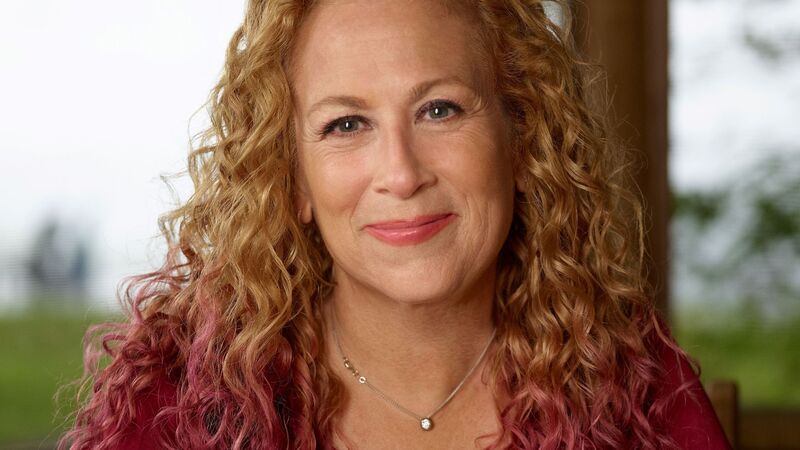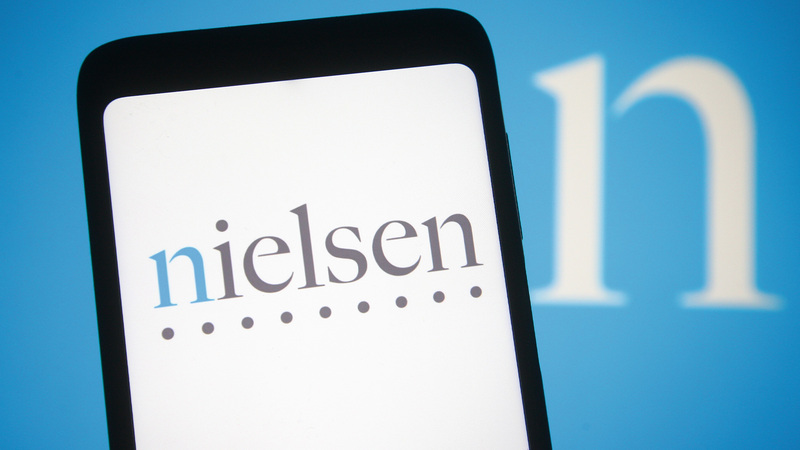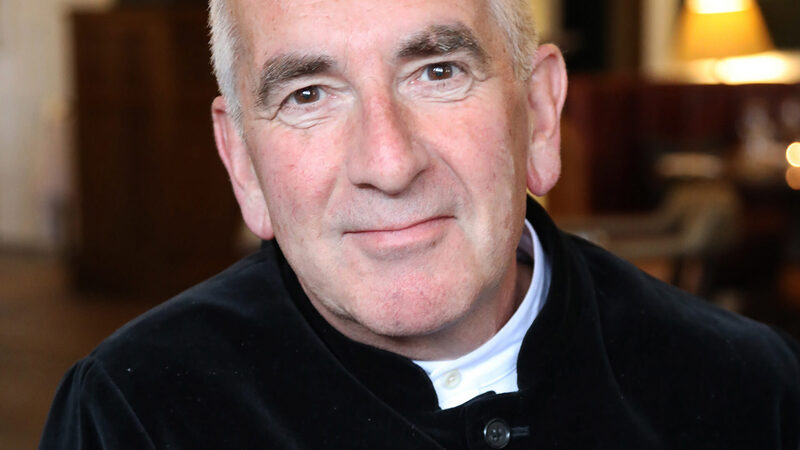You are viewing your 1 free article this month. Login to read more articles.
Casting a wide net: the rise and rise of podcasts
With the current boom in audiobook sales and downloads, combined with an explosion in the number of quality, diverse podcasts, there has never been a better time for the London Book Fair to put podcasts centre stage and showcase major players in the game, including Vintage Books, Read Like a Writer and You’re Booked.
Book lovers and publishers alike have taken to podcasting, which, owing to its relative ease of access and DIY nature, is straightforward to get to grips with. The number of weekly podcast listeners has almost doubled in the past five years, according to Ofcom, from 3.2 million (7% of adults aged 15+) in 2013, to 5.9 million (11%) in 2018. Book podcasts are not exempt from this growth in popularity: Vintage’s Vintage Books podcast, which launched in 2010, saw an 84% increase in the number of listens from 2017 to 2018, while episodes of Daisy Buchanan’s You’re Booked (launched at the end of 2018), now secure around 4,000–5,000 listens in an episode’s first 24 hours, up from some 2,000–3,000 when it first started.
But does this translate to book sales? As listeners dip in and out of podcast series, there is often not an immediate or en-masse spike in sales; a podcast is unlikely to propel a book into the charts in the same way as a “live” radio or TV appearance may do. However, podcasters say that the medium’s ability to exploit niches and connect with listeners on a deeper level does translate into sales, as does generally increasing the awareness around a particular book or author, or listeners’ awareness of reading overall. Podcasters also say listeners regularly contact them to tell them that they have bought books based on their interviews or recommendations.
Leena Normington, host of Vintage Books, says: “As a reader, I find that spending meaningful time listening to an author makes me much more likely to pick up a book than say, a quick glimpse of a tweet or an outdoor advert. That doesn’t mean that those avenues aren’t effective—but there’s something special and lasting about hearing an author’s voice and really being won over by them. Deep engagement will result in lifetime fans—and lifetime sales.”
Magic mic
The availability of cheap software and low-cost equipment means that podcasting can be easy to start with little or no training or budget. Vintage Books started with a small publicity budget to buy a microphone, and the team taught themselves to edit using free software. Likewise, Literary Friction co-hosts Octavia Bright and Carrie Plitt (who is also a literary agent, at Felicity Bryan Associates), launched their podcast in 2015 and “learned a lot on the job... There were no barriers to entry”. The podcast originally began as a radio show on online station NTS.
Once launched, podcasters are able to tap into growing audiences who are hungry for content. “The popularity of podcasts has something to do with people wanting to personalise their content,” says Plitt. “Podcasts offer a niche space with diverse voices that mainstream TV or radio never could. [Octavia and I] both love talking about books, and we felt that podcasts were a space where we could do that in a way that was both rigorous and relaxed. We also wanted to have in-depth conversations with authors we loved—whether they were bestsellers or unknown débuts—something that isn’t always possible on traditional radio.”
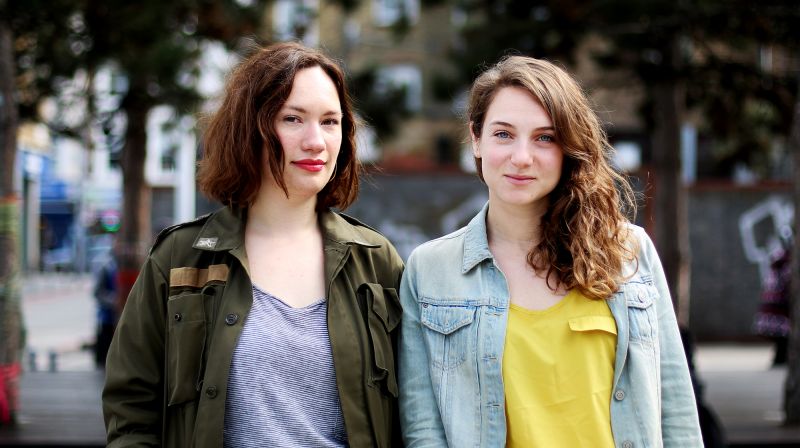
Literary Friction's Octavia Bright and Carrie Plitt
Vintage launched its podcast in order to better utilise its author talent and offer behind-the-scenes access to listeners. “We have access to the incredible line-up of Vintage authors, who range from world-class prize-winners to brand new, emerging talent; but we also have both broad and deep in-house knowledge that gives our episodes that special ‘backstage’ twist,” says Normington. “There’s a real opportunity to bring the reader into the office, offer them a virtual cuppa, and show them what’s so special about Vintage—not only about the books, but about the role of the publishing house in today’s world.”
Alex Reads’ brainchild Mostly Lit, which specialises in the intersection between books and popular culture, caters to an audience not always served by traditional media, including young people and people of colour. “I found that there weren’t enough podcasts discussing books and pop culture. Most were discussing music and film, but when it came to books it was like this mystical thing, this unknown,” says Reads. “We look at literature in a different way than other podcasts do.”
Together with Mostly Lit manager and executive producer Clarissa Pabi, Reads has also recently launched a new podcast, What Matters with Alex Reads. Set up to facilitate “deep, human and connecting conversations”, many of its discussions are sparked by self-help and non-fiction books. “I am one of few men of colour speaking about things like mental health, wellbeing and spirituality, and personal development. There are people who really want to hear that.”
The indie approach
Faber, Canongate and Profile launched their joint offering, Read Like a Writer, in autumn 2018. A fine example of cross-publisher collaboration, Niamh Murray, marketing director at Profile, says: “We work together on sales activities via the Independent Alliance and our marketing teams know each other, so when Katie Hall [marketing director] at Faber proposed the idea, we were all keen to join forces in order to blow the indie trumpet, and to highlight incredible writers at indie publishers, and the indie bookshops close to their hearts. It combines the author talent pool, resources and social media reach of three publishers.”
With growing audience numbers, there is no limit to the opportunities in podcasts. After ironing out a USP, diary management and scheduling, the podcasters are now focusing on live shows and varying episode lengths. Normington says: “It’s exactly the right time to make podcasts a real focus—the incredible rise in audiobook sales means that audiences are becoming increasingly keen to find real, exciting new audio content to listen to. There are engaged audiobook buyers out there looking to really ‘meet’ an author in audio form, rather than just skim-reading a book’s blurb. I also think it’s important to think about what audiences want to listen to, rather than falling into the trap of centring the books that you would like to showcase.”
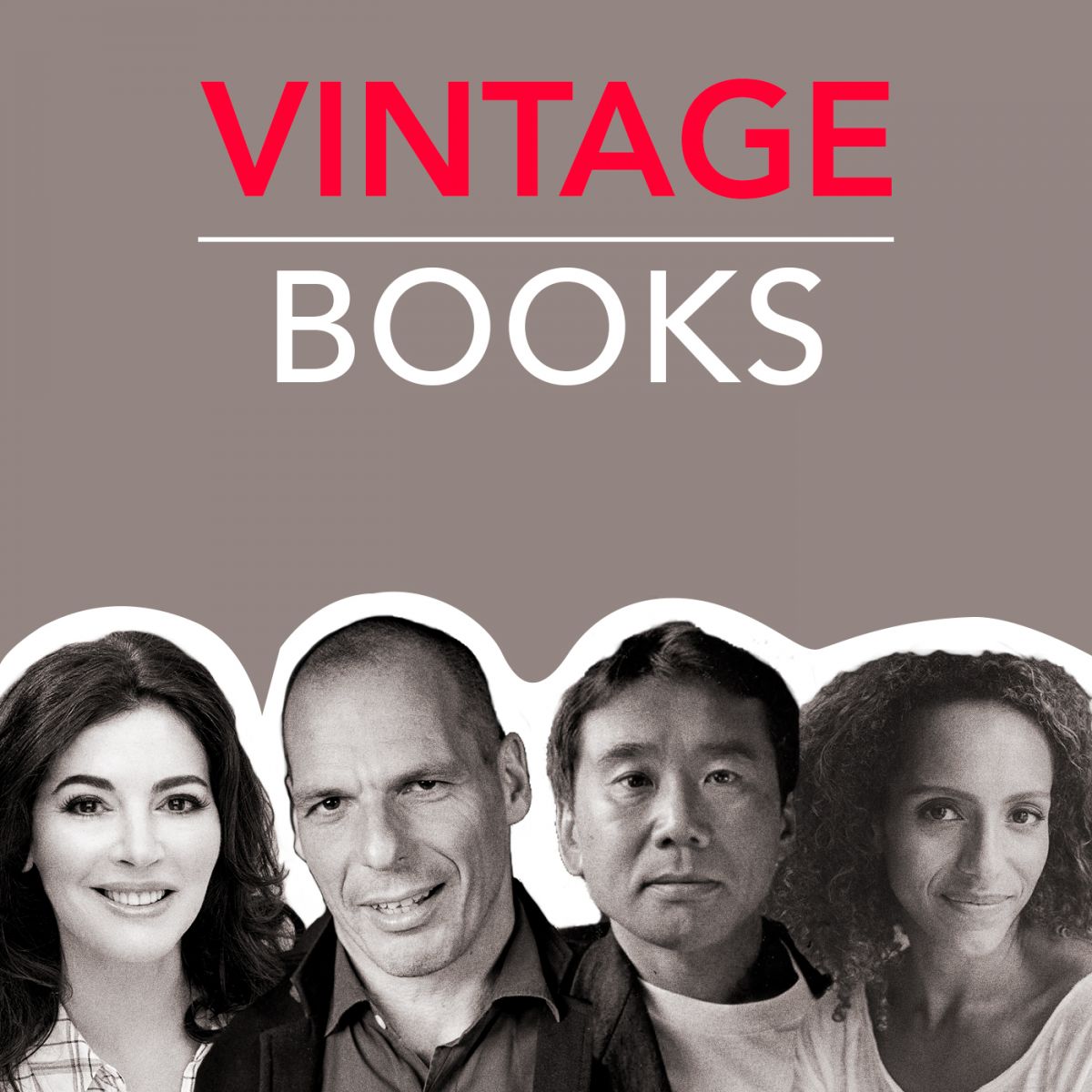

Podcasts: Four bookish shows
- Literary Friction - Co-hosted by Octavia Bright and literary agent Carrie Plitt, a monthly conversation about books and ideas, each show is built around a theme: ”anything from breakfast to coastlines to corpses”.
- You’re Booked - Hosted by “Book Inspector” Daisy Buchanan, this weekly podcast for “literary nosy parkers” has featured guests such as Nikesh Shukla, Lucy Vine and Dolly Alderton.
- Vintage Books - A podcast for book news, discussions and author interviews, recent episodes have seen appearances from Simon Amstell and Michael Morpurgo.
- The Bookseller Podcast - Hosted by Cathy Rentzenbrink, The Bookseller’s podcast features interviews, round-ups of the best-reviewed books and book extracts.











